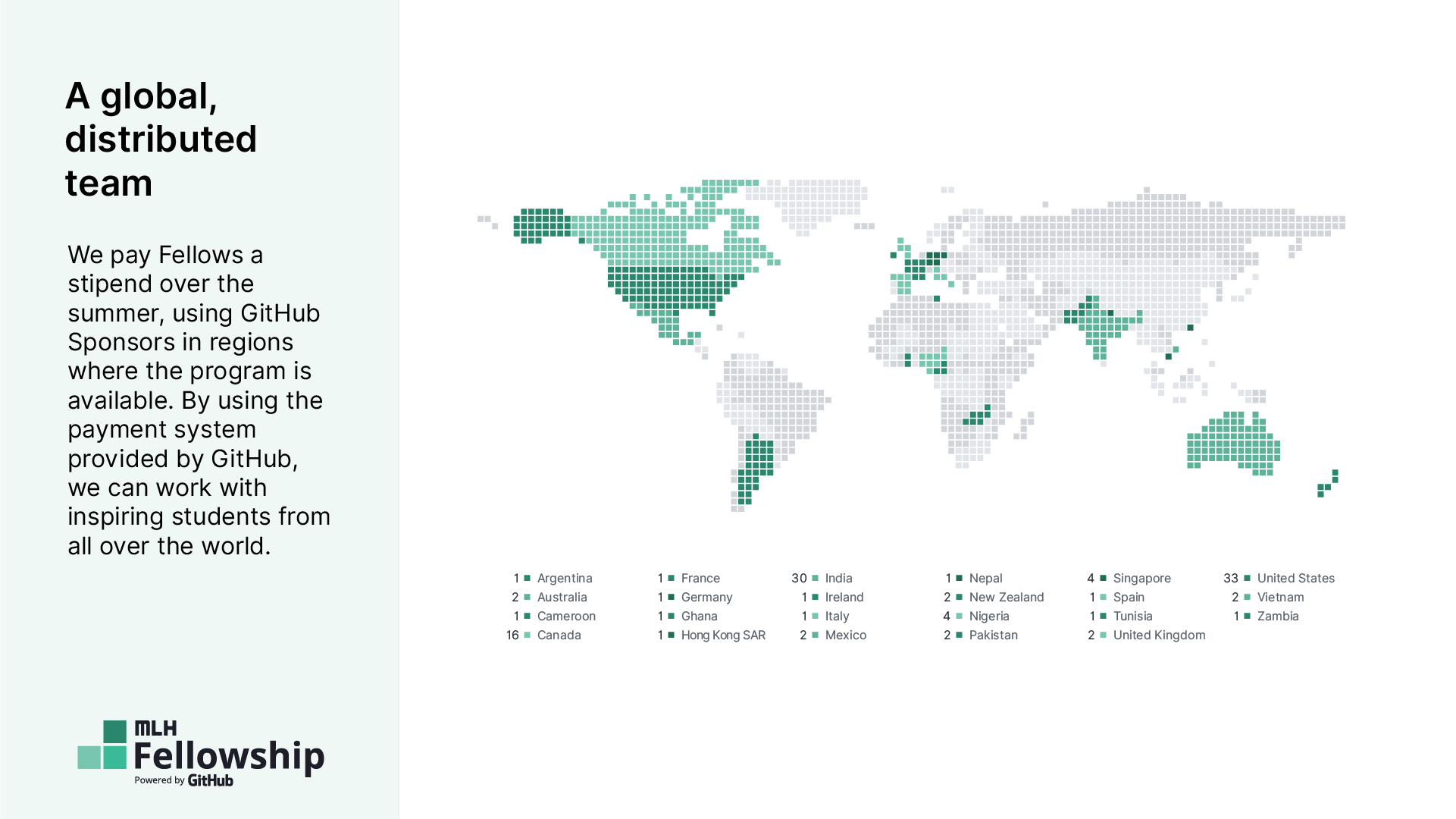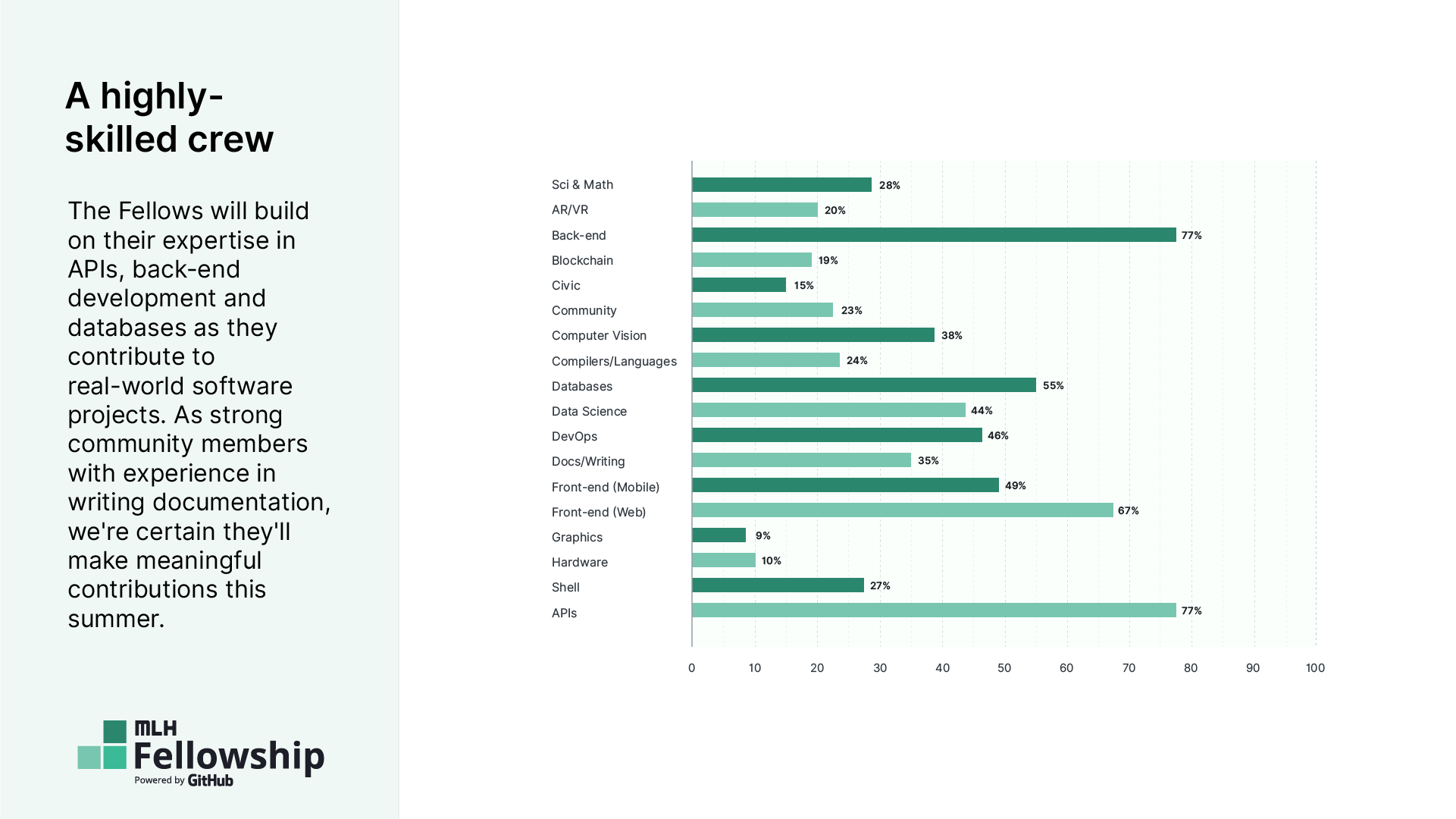Welcome to the inaugural class of MLH Fellows
Student developers are the future of software. Their taste in tools, habits around code, what they are learning–all of these drivers will shape tech, and culture in general, for years…
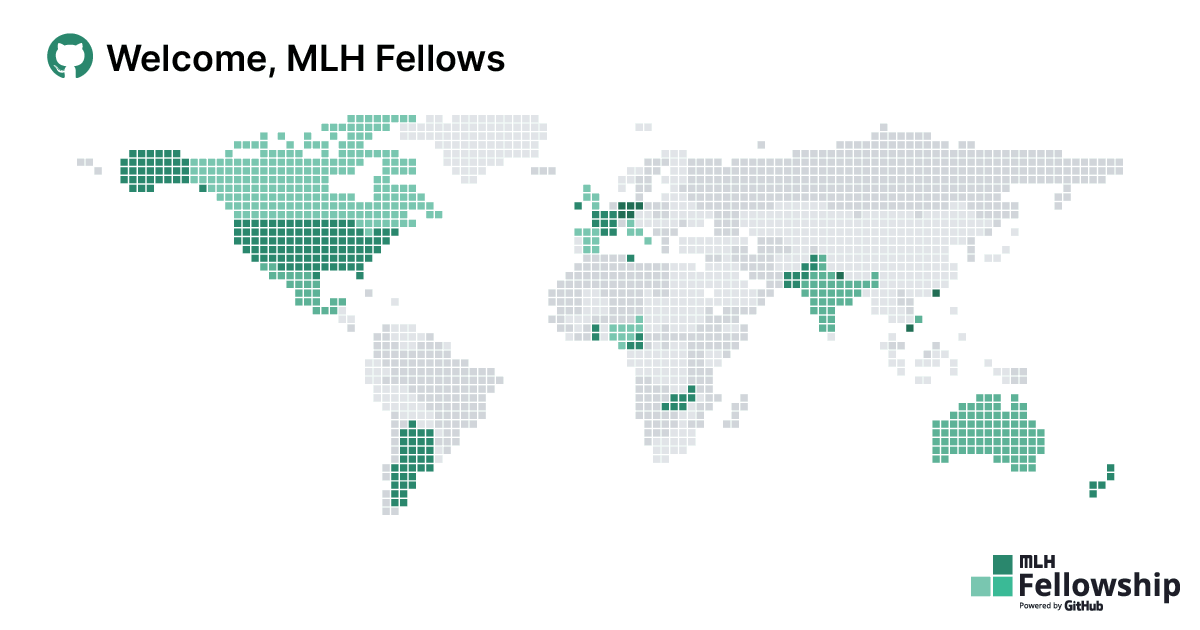
Student developers are the future of software. Their taste in tools, habits around code, what they are learning–all of these drivers will shape tech, and culture in general, for years to come. But for many students, the traditional pathways to expand their networks and learn new skills vanished with COVID-19.
Major League Hacking (MLH) teamed up with a coalition of companies–Facebook, Royal Bank of Canada, DEV, Ovio, PlutoVR, Interhacktive, Amazon Web Services, Indeed, Twilio, NYC Tech Talent Pipeline, and Techtonica–to offer a new kind of industry experience: the MLH Fellowship, powered by GitHub.
This summer, 144 students from around the world are making contributions to open source. Read on to find out where the developers are, what they are working on, and how they are fueling the future of software.
A new way to reach talented students
When MLH opened applications in May, the inbox exploded–nearly 20,000 students applied, from all over the world. Since the Fellowship leverages GitHub Sponsors, where the program is available, we can work with students from a broad geographic area.
The Fellows represent 23 regions and 15 timezones, with a breakdown in programming languages as follows:
- JavaScript (47% of people put it as their primary language, and 22% as secondary)
- Python (34% put it as primary language, and 26% as secondary)
- C/C++ (5% as their primary and 16% as secondary)
The caliber of these students is simply astounding. Honson Tran’s work in machine learning at Cornell Weill is developing a 3D model of a patient’s heart in real-time to save lives. Katherine Bancroft worked on an app to help patients with aphasia relearn speech. Facebook Developer Circles member Baffour Adu Boampong used his skills to track updates about COVID from Ghana’s Health Service.
The Fellowship has offered a new way to think about recruitment, outreach to students and even how the industry might evaluate technical talent. MLH Fellow Honson, a current student at Rutgers, appreciates the real-world focus of the Fellowship:
I probably sat through 6-7 hours of internship interviews, digging into leetcode. But you never get a chance to talk about why what you do matters. I am finally getting to have some impact in the tech space, and having that impact can potentially save thousands of lives.
What it feels like to have an impact
The Fellows are now in their third week of the program, and they operate in smaller groups, called “pods.” Each pod works on a few different open source projects, and has a full time engineering mentor they work closely with from the Fellowship. And even though it’s only been a matter of weeks, Fellows have made meaningful contributions to open source.
Katherine from Pod 0.5.1, shared her experience so far with HTTPie:
So far I’ve been focused on fixing issues related to cookie storage in HTTPie. Jakub, the HTTPie maintainer, gives amazingly thorough code reviews so I’ve definitely been learning a lot about how to make my code more Pythonic from his suggestions!
Baffour’s Pod, 0.0.1, is working with the Homebrew project:
My team is currently working on a solution that would automate updates of Homebrew Formulas. Fun fact, we just released a working version of our solution. You can read more about it here => https://github.com/MLH-Fellowship/0.0.1-API-Parser
In addition to Homebrew and HTTPie, students are working with projects from machine learning, to visualization to the libraries developers depend on every day, like Babel, Pallets (Flask, Werkzeug, Jinja, Click), Keras, AWS Amplify, and React.
A coalition to support tomorrow’s developers
From finance to transportation to health to energy, almost every business is a software business. And the software business depends on open source, depends on new developers picking up the mantle for maintaining projects, and depends on fresh ideas and new perspectives.
Companies have sponsored the MLH Fellowship because they want to support the next generation of software development. Ryan Yang, Vice President of DevOps at the Royal Bank of Canada, put it this way:
Open source is one of the best ways to innovate, and RBC is focused on both participating in and contributing to that culture. By supporting students in this area, we are not only giving back to the community at a much needed time, but also continuing to drive the open source community forward.
Kathy Kam, Head of Open Source at Facebook, sees their involvement in the Fellowship as an investment in the future of technology:
For Facebook, investing in open source is a way to empower developers as well as broader communities of individuals and businesses. To that end, we’re thrilled to support MLH’s global Fellowship program which will not only help us invest in the next generation of open source developers but also promote increasing diversity in tech.
After twelve weeks of public contributions, these students will be trained not just on cutting-edge workflows, but also how to collaborate on software that the world relies on.
Welcome, Fellows. This is just the beginning.
Find out more about MLH Fellows, powered by GitHub
Tags:
Written by
Related posts
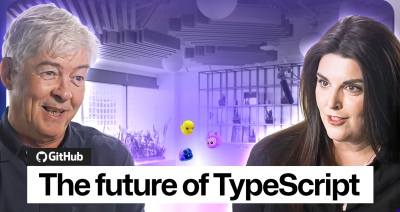
7 learnings from Anders Hejlsberg: The architect behind C# and TypeScript
Anders Hejlsberg shares lessons from C# and TypeScript on fast feedback loops, scaling software, open source visibility, and building tools that last.

Context windows, Plan agent, and TDD: What I learned building a countdown app with GitHub Copilot
Learn how I managed context to keep Copilot focused, used the Plan agent to sharpen vague requirements, and required Test Driven Development practices to catch bugs before users.
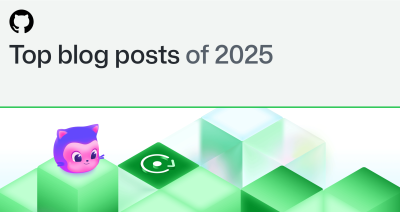
Agentic AI, MCP, and spec-driven development: Top blog posts of 2025
Explore the GitHub Blog’s top posts covering the biggest software development topics of the year.
